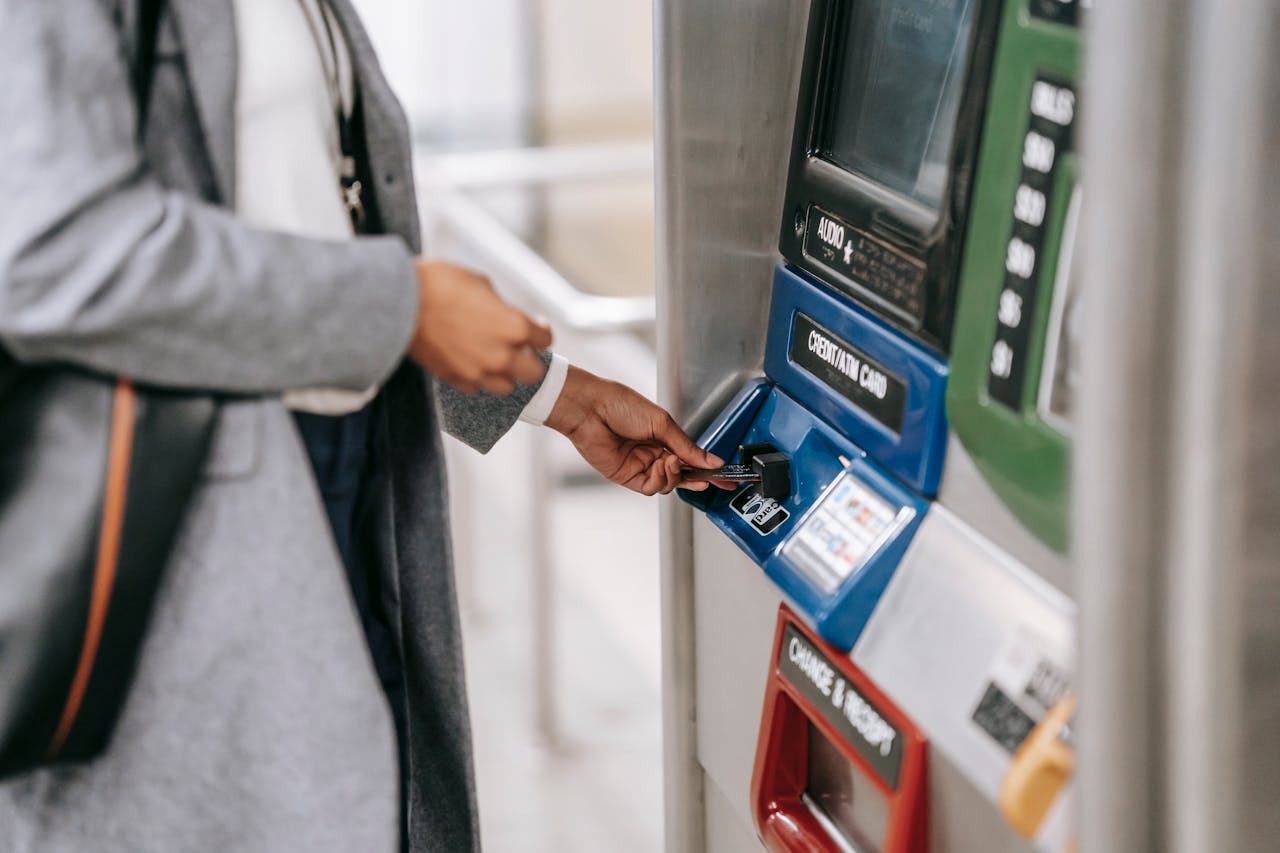

The Philippines' food manufacturing industry contributes significantly to the nation's economy and reflects the country's rich culinary tradition and array of regional cuisines. We will examine some of the major trends influencing the Philippine food production sector while showcasing the sector's dedication to innovation, sustainability, and culinary quality.
The Philippines is home to an abundance of agricultural resources, and the farm-to-table movement and local sourcing are becoming increasingly important in the food manufacturing industry. Food producers are mixing locally grown components, such as tropical fruits, root crops, and shellfish, into their products with a focus on supporting regional farmers and encouraging sustainability. This trend not only improves the quality and freshness of food but also helps rural communities expand.

To meet shifting customer tastes and nutritional trends, the Philippines' food manufacturing industry innovates constantly. To satisfy the expectations of health-conscious consumers, manufacturers are providing better alternatives, such as items that are plant-based and gluten-free. The popularity of traditional Filipino ingredients and flavors is also rising, which has sparked the rebirth of old recipes and the creation of new, regionally inspired cuisine items.
In the food manufacturing sector, environmental sustainability is becoming increasingly important. Filipino businesses are implementing sustainable practices, such as responsible sourcing, waste reduction, and efficient water and energy use. Additionally, businesses are experimenting with recyclable and biodegradable materials as part of a move toward eco-friendly packaging. In addition to lowering the industry's environmental impact, these measures also appeal to environmentally aware consumers who value sustainable purchases.
The Philippines' food manufacturers are experiencing a shift as a result of the digital revolution. In order to streamline processes and boost productivity, businesses are implementing technology-driven solutions. Examples include cloud-based systems for inventory management and production control. E-commerce platforms are also essential for accessing a larger consumer base since they let food producers communicate directly with consumers and widen their distribution networks.

Leading the Charge: Major Players in SEA’s Digital Lending Market
The fintech lending market in SEA is poised for substantial growth, including digital lending which is set to surpass digital payments as the primary revenue driver for the region's digital financial services sector by 2025, with a compound annual growth rate (CAGR) of 33%. This growth is fueled by the widespread adoption of automated loan origination processes and the seamless integration of financial services into digital platforms.

Unlocking Opportunities in the SEA Digital Financial Services Landscape
In recent years, Southeast Asia (SEA) has emerged as a hotbed for fintech innovation, transforming the financial landscape across its diverse markets. This transformation is characterized by a surge in digital financial services (DFS), revolutionizing how individuals and businesses manage their finances. However, the journey is not without its challenges, and understanding these is crucial for stakeholders aiming to navigate this rapidly evolving sector.

How SEA Startups are Navigating Funding Challenges
The startup ecosystem in Southeast Asia (SEA) has long been a vibrant hub for innovation and growth. However, recent global economic shifts and the aftermath of the COVID-19 pandemic have ushered in a new era of funding challenges.

Challenges for Sustainable Recovery in Southeast Asia
Sustainable recovery in Southeast Asia faces numerous challenges, yet also presents significant opportunities for green growth. Addressing sustainable issues is crucial for achieving a resilient and sustainable future.